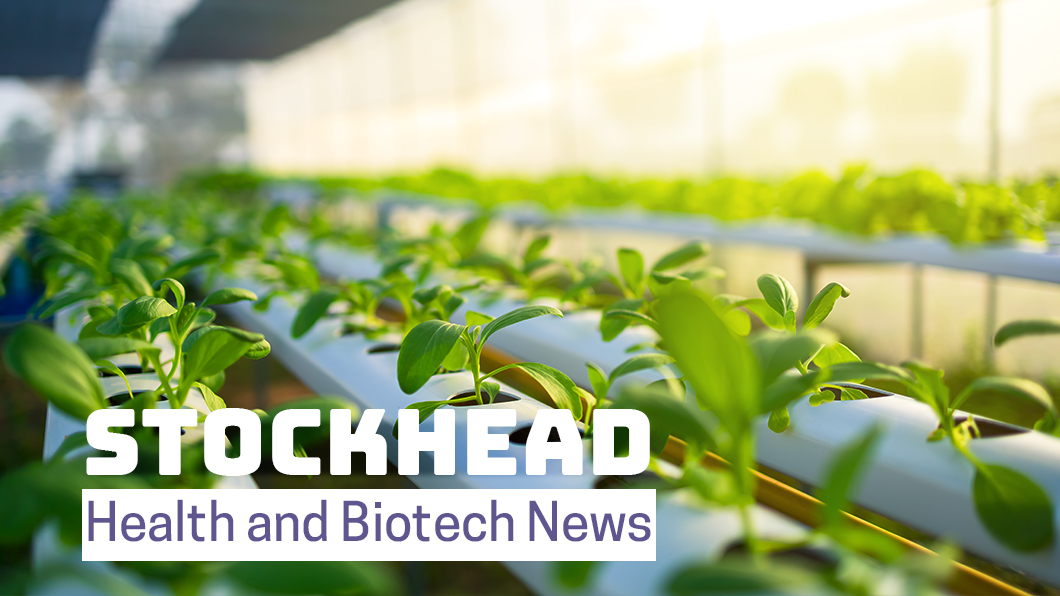Zero To Hero: How Britain’s NHS sent Alcidion up 575pc in just 7 months

Pic: Charnchai / iStock / Getty Images Plus via Getty Images
Alcidion’s (ASX:ALC) market cap may suggest it’s still a small cap, but it has come a long way from its founding and reverse IPO in 2016.
The company is now larger than all 11 other ASX medtechs it listed in its IPO investor presentation as competitors. And although it is off its all-time highs, it still sits more than 400 per cent higher than four years ago.
Alcidion began back in 2000 under two doctors, Malcolm Pradhan and Ray Blight. They wanted to use data to help doctors and nurses make better decisions.
Alcidion’s new COVID-19 software assessment tool is a modern example. It cannot directly diagnose COVID-19 but can recommend patients for testing based on the symptoms they report.
As #COVID19 cases continue to grow, we've designed a new coronavirus assessment tool in our early warning software @Patientrack and new capabilities on our Miya Precision platform for improved home and hospital monitoring. Read here: https://t.co/Cv27xdND8h #HealthCareWorkers pic.twitter.com/pC2pfL6v2b
— Alcidion (@alcidion) March 29, 2020
While Pradhan and Blight began developing software products back then, the health system was very different in the early 2000s. Paper forms were good enough.
“They were ahead of their time in that a lot of data was not in a digital format yet, we still had a heavy reliance on paper,” CEO Kate Quirke told Stockhead.
“They grew Alcidion over time and listed via the reverse takeover in 2016. The money they had then was used for two things — first to re-engineer the platform and take it to the cloud and second to get a wider market share.”
2018: The year of M&A
In 2018, Alcidion sought to realise its strategy through acquisitions and this is where Quirke came into the picture. She was a director at a healthcare integration and consulting services company called MKM.
It too began in the early 2000s. But by 2018 it had domiciled in the UK, which was a critical market for the company and would be for Alcidion.
MKM had also spun off another company called Patientrack, which collected patient data that alerted doctors to treat them.
As Quirke explained, MKM and Alcidion saw eye to eye.
“They needed to look for acquisitions to give them a wider market share – a company of 25 people,” she said.
“We were around 60 people, so they went looking and approached us. At the time we had been looking at our future strategy. There was a meeting of minds and opportunities — they had a mindset aligned with what we were doing and we had a proven sales and go-to market capability.
“We would be positioned into three countries – Australia, New Zealand and the UK. So we came together and Alcidion asked me to become CEO.”
2019: Takeoff year
2019 was a spectacular year that saw Alcidion’s share price spike from 4c in early March to 27c by the end of September. The catalyst was the company winning contracts for UK hospitals and consequently growing revenues.
“We were ticking off all the things we had promised to do. Not everyone does that successfully in merger and acquisition situations,” she said.
The company made progress in Australia and New Zealand too. Its statutory revenue was up 300 per cent year on year.
But it was the Old Dart that was most important, and not necessarily because of it’s 67-million-strong population.
It is because the UK’s National Healthcare Service (NHS) is well ahead of Australia’s health system when it comes to digitisation.
“The NHS has a similar healthcare system to Australia structurally, but we believe they have a very clear focus on deploying technology,” Quirke said.
In fact, it gives a helping hand to companies like Alcidion.
In December last year, UK health minister Matt Hancock began a program funding local trusts to adopt medtechs. Only last month it unveiled the first recipients of its funds.
Alcidion survived Brexit and expects to survive COVID-19
As one of the few ASX stocks with exposure to Britain, Alcidion could not ignore Brexit. Quirke admits it caused some turbulence in the last year but thinks the worst of that is over.
“It slowed down some decisionmaking because there was no certainty as to who was going to run the country,” she said.
“But we came out of it and there was buoyant activity. We’ve seen an increase in our UK pipeline.”
But not long after, the COVID-19 pandemic struck.
Quirke says the company will be ready for when the pandemic abates. Although she admits entering new markets may be on hold for a while.
“We are in a fortunate position having done a capital raise in November, but more importantly and more relevant is we are supplying an industry that is experiencing demand,” she said.
“Whilst we will see some pockets of our customers bunker down, we are also seeing a need for IT to support the healthcare industry.
“There will definitely be opportunities on the other side. In the meantime, we are focused on the customers supporting our software, new COVID assessments and parts of interest in our platforms.
“Right now it’s around supporting our customers – which after this will be greater in number.”
READ MORE Zero to Hero:
How Avita Medical rose over 500 per cent in 2 years
How Australian Ethical gained first-mover advantage in a $30 trillion sector
This is how copper play Sandfire went from 4c to over $8 in 18 crazy months

UNLOCK INSIGHTS
Discover the untold stories of emerging ASX stocks.
Daily news and expert analysis, it's free to subscribe.
By proceeding, you confirm you understand that we handle personal information in accordance with our Privacy Policy.








